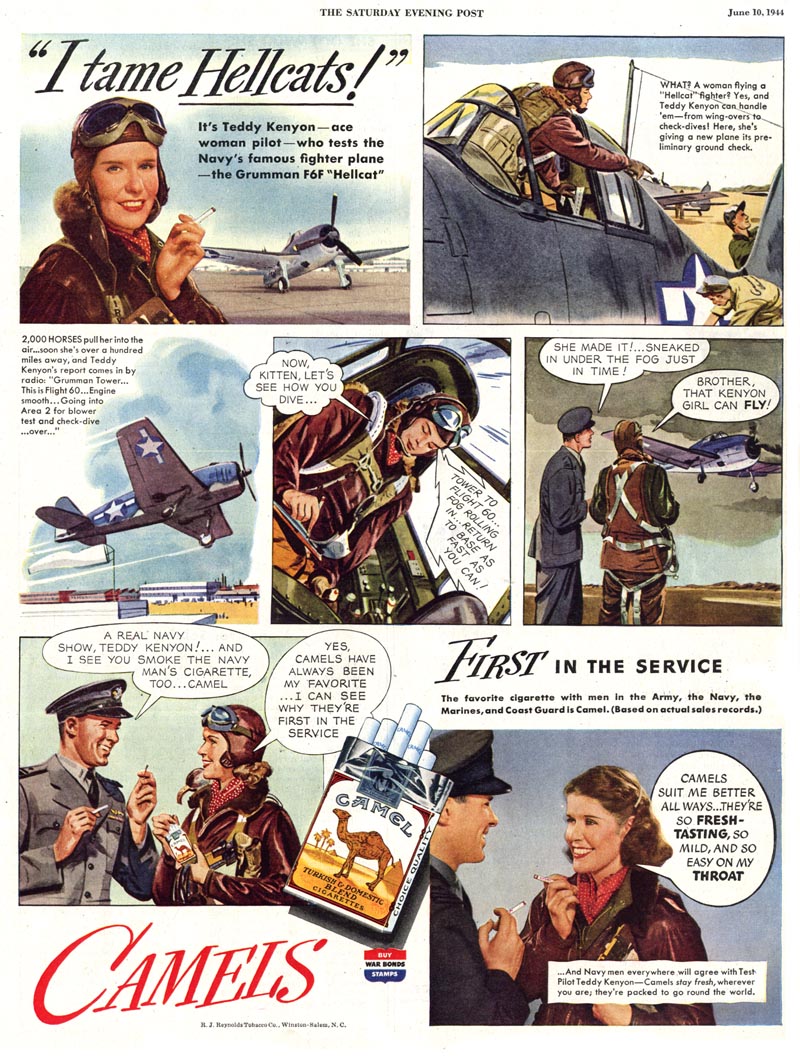[Nick Guyon put thought and experience into the kit of tools he took out on jobs.]
I double checked that the pull bar to the carbs was yanked full out to max efficiency. The mechanic who installed it promised the engine would sip fuel like a nun at a whisky bar that way, but if I pushed it in, he had it set to open up wide and give me a good twenty horses over the stock setup.
After I’d bought that rig and tried it out, with a big grin showing, the greasy wrench showed me a bulletin about oiling problems on the aging Ford V-12 design. I was out another sixty bucks for him to fit a secondary oil pump, but I had a hot motor that could outrun and outlast anything on the road.
I’d made a few other changes to the car, but nothing that mattered on a simple escort job like this. All I had to do was keep the truck in front of me, and scare off anyone who approached it. I couldn’t imagine anything getting it its way but a skittish road runner. But since I was technically on detail, I had a few appropriate tools.
The PI-standard snub-nose .38 revolver sat in its usual place, in a pocket holster locked in the glove box. I didn’t like anything about it, but some places that license private investigators actually insist that a .38 revolver is the only piece they carry. Go figure. Anyway, it looks harmless enough that most people aren’t put off by it.
More to my liking, and usually closer to me, was a Canadian-made 9 mm pistol. A lot of guys swear by the big fat .45 caliber rounds, but I had a baseball bat in the trunk which is about as useful for close-range slugging. Plus, when working alone I liked to bring a lot of friends with me, and the 9 mm stacks thirteen rounds under the barrel.
A classic Remington pump shotgun shared the trunk with the bat. It wasn’t real smooth, partly because I’d notched parts of it to make more noise when racking. The noise of a shotgun being pumped is enough to make a mob change its mind, sometimes.
A little food and water, besides what the other driver had handed me, a good flashlight, and an overcoat for the desert night completed my kit.



